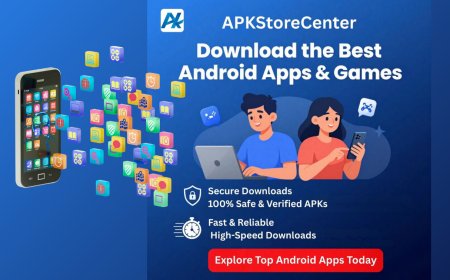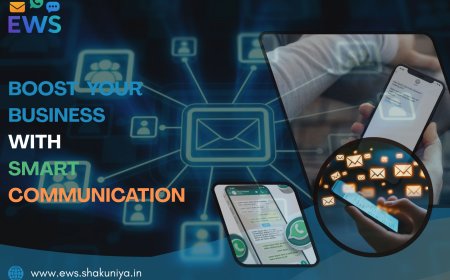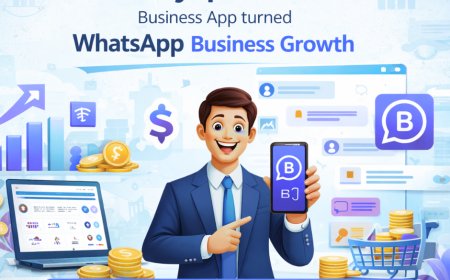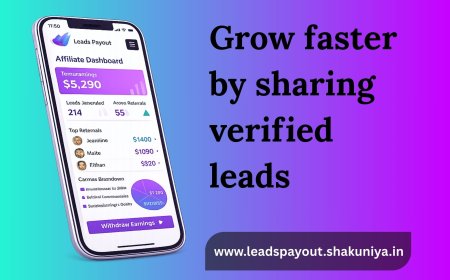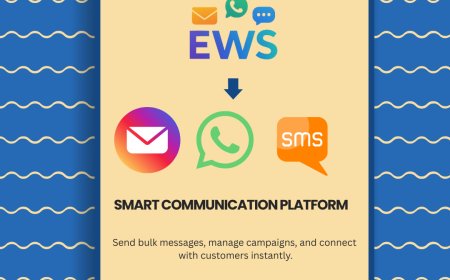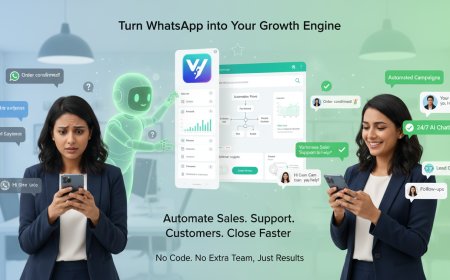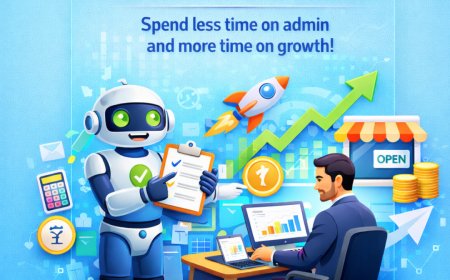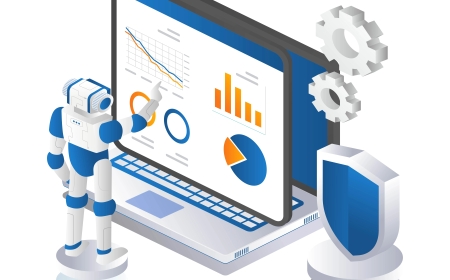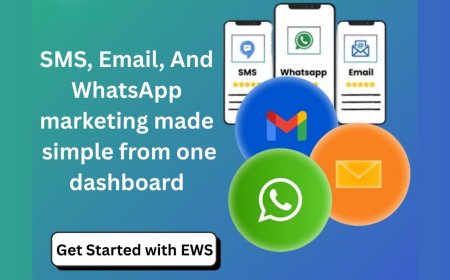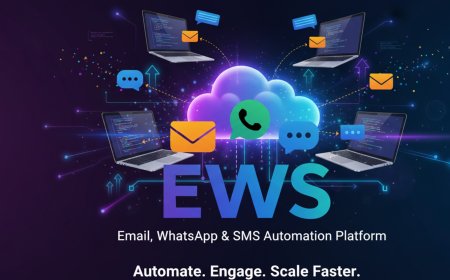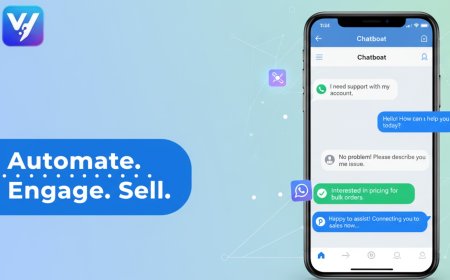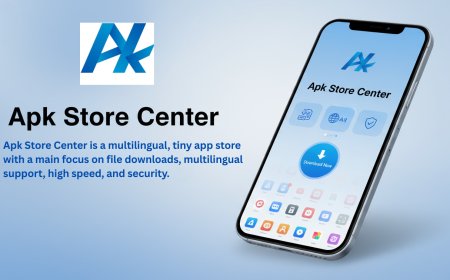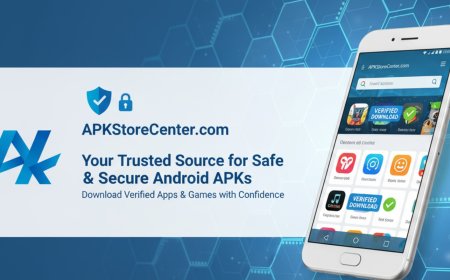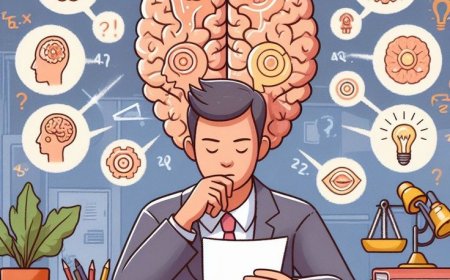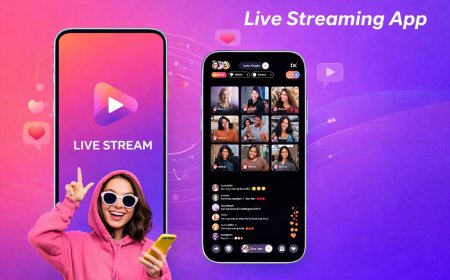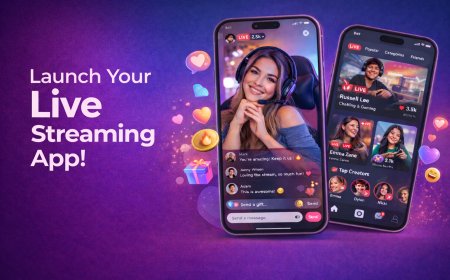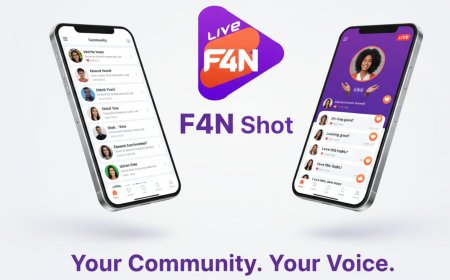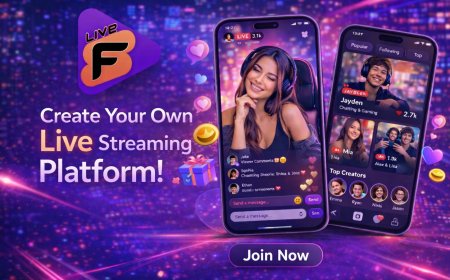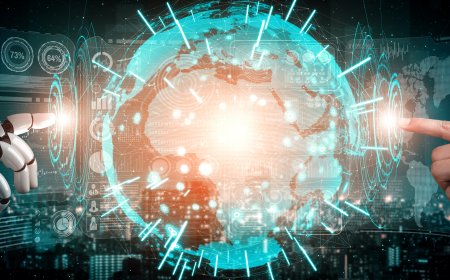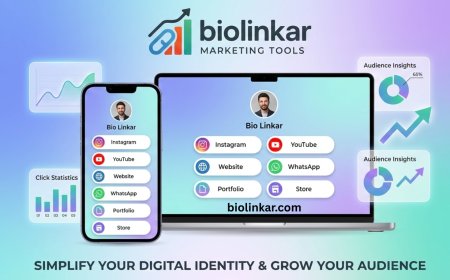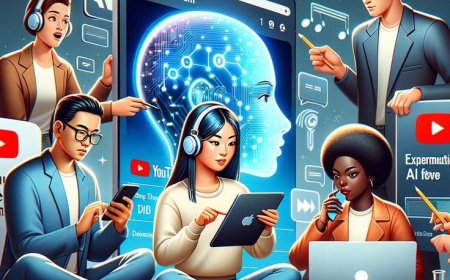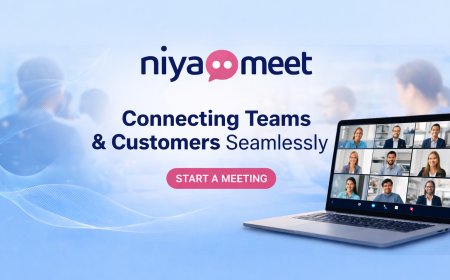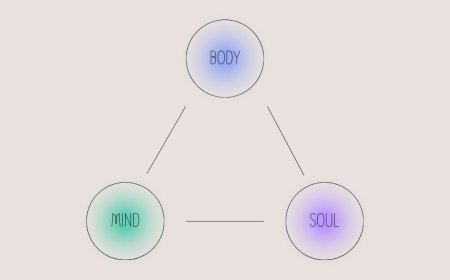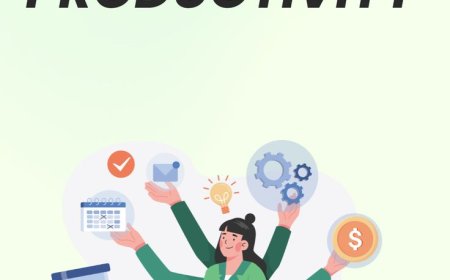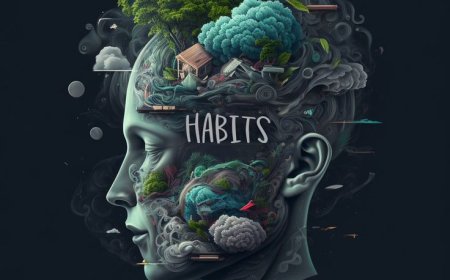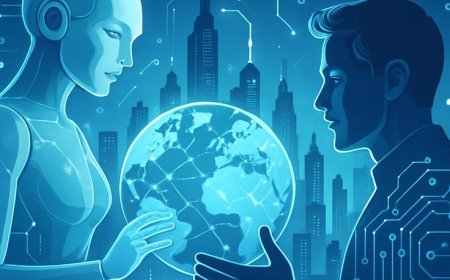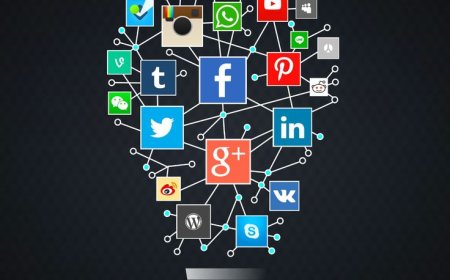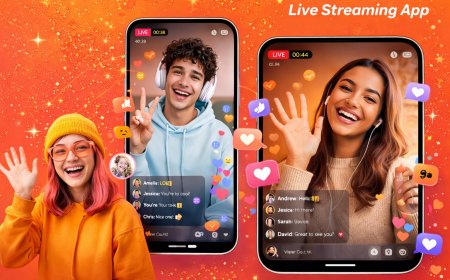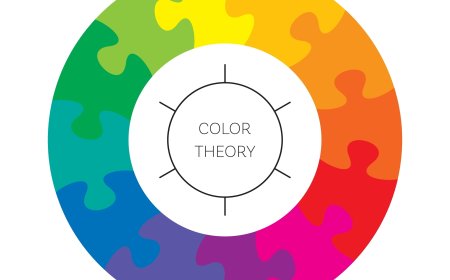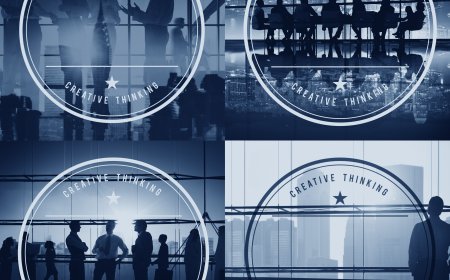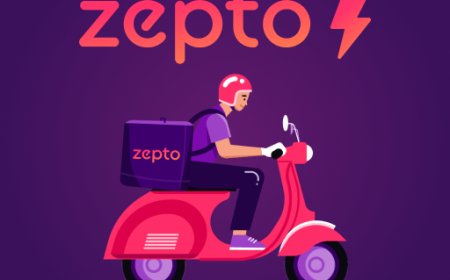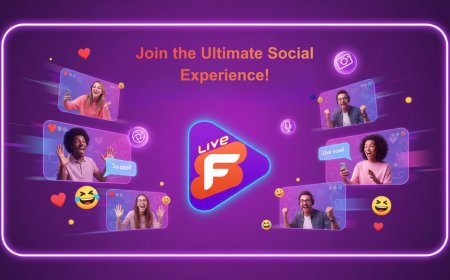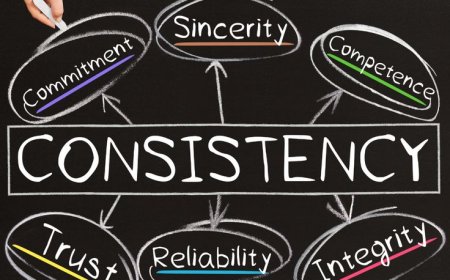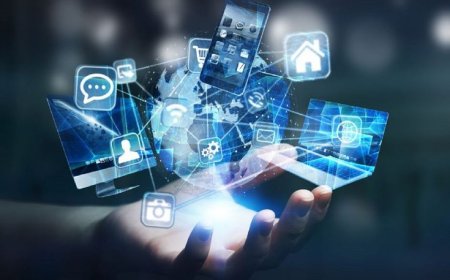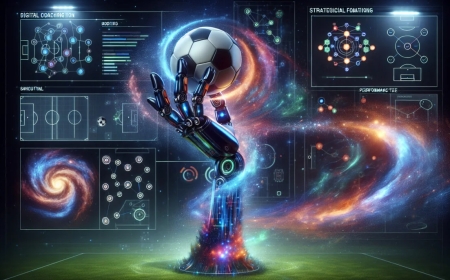Move Over, ChatGPT. Domain-specific LLMs Are Taking Over, and Here's Why.
The generalist LLM era is ending. Learn how domain-specific LLMs beat ChatGPT on accuracy, security, and cost for critical enterprise applications.

Our interactions with technology have been drastically altered by the widespread adoption of Large Language Models (LLMs), which have been largely fuelled by the popularity of general-purpose conversational tools like ChatGPT. With its extensive general knowledge base, ChatGPT is an excellent generalist that can write poetry, summarise articles, and troubleshoot code.
However, as businesses move from experimenting with "what is ChatGPT" to deploying AI for critical, high-stakes tasks, the inherent limitations of these generalist models are becoming clear. The future of enterprise AI is not in the hands of the all-knowing generalist, but in specialized, domain-specific LLMs (often called Small Language Models or SLMs).
Here is why niche, focused LLM models are rapidly proving to be superior in the business world, challenging the one-size-fits-all dominance of the original ChatGPT app.

The Generalist's Flaw: Accuracy and Hallucination
The vastness of the general web data LLMs like ChatGPT are trained on is both their greatest strength and their biggest weakness.
|
General-Purpose LLM (e.g., ChatGPT) |
Domain-Specific LLM (DS-LLM) |
|
Broad Knowledge |
Deep Knowledge |
|
Risk of Hallucination |
High Accuracy & Reliability |
|
Prone to 'hallucinations' (making up facts or citing incorrect sources) when asked specific, technical questions outside its core general training. |
Trained exclusively on curated, authoritative data (e.g., internal company policies, medical journals, legal precedents). This severely limits the possibility of fabrication. |
|
Cannot cite sources accurately or reliably within a business context. |
Can be easily integrated with Retrieval-Augmented Generation (RAG) systems to provide explicit source citations for every answer, dramatically boosting enterprise trust. |
For fields like finance, legal, or healthcare, where a single fabricated data point could lead to compliance issues or financial loss, the reliability of a DS-LLM is non-negotiable.
Speed, Cost, and Efficiency
When deploying an enterprise, size and resource usage are crucial considerations. Inference—the process of generating an answer—becomes expensive and sometimes slow due to the massive amount of processing power needed by a model like GPT-4, which powers ChatGPT Pro and its enterprise offerings.
-
Computational Footprint: Domain-specific LLMs have a significantly smaller computational footprint (fewer parameters) because they are not expected to retain knowledge on every topic under the sun. They consequently function more swiftly and efficiently.
-
Flexibility in Deployment: A DS-LLM can be readily adjusted and frequently operated locally or on less capable hardware, protecting data privacy and minimising the need for expensive cloud API calls.
-
Focus: A "Coding LLM," for example, doesn't waste resources trying to understand poetry; it is optimized entirely for code generation and debugging, making it objectively better at that specific task than the generalist.
Data Security and Privacy: The Enterprise Mandate
For organisations that handle sensitive data, using an external generalist service raises serious concerns.
-
Data Leakage: Many businesses are reluctant to feed proprietary, private, or regulated data (such as trade secrets or patient records) into an external, third-party model, even with enterprise-level subscriptions (ChatGPT Pro).
-
Compliance: DS-LLMs, trained on a company's internal, secure data lakes and deployed behind their firewall, offer the highest level of data security and compliance (e.g., HIPAA, GDPR, CCPA). The organization retains complete control over the data lifecycle.
-
Customization: Businesses can train a DS-LLM to understand highly unique internal jargon, acronyms, and operational workflows—knowledge that no publicly trained LLM could ever possess.

The Shift in Focus: From Experimentation to Execution
While how to use ChatGPT was the initial focus for most teams, the business goal has evolved.
The initial wave of AI was about exploration—asking a general LLM for a first draft or an idea. The new wave is about automation and execution.
A specialized LLM is designed not just to chat, but to perform a specific action within a defined workflow
-
Legal LLMs: Precisely summarize contract clauses, extract key dates from documents, and identify relevant case law.
-
Finance LLMs: Classify invoices, reconcile expense reports, and analyze proprietary market data with built-in accountability.
-
Customer Service Agents: Access and synthesize internal knowledge base articles to give a single, authoritative, and actionable answer to a customer query, instantly.
The Era of the Precision LLM Has Dawned
The initial widespread adoption of general models like ChatGPT served its purpose: it democratized AI and showed the world what LLM technology is capable of. However, in the high-stakes, high-precision world of enterprise operations, the jack-of-all-trades is now being supplanted by the specialized master. Businesses are realizing that the greatest value of AI is unlocked not by giving their teams a broad, external knowledge base, but by creating a deep, internal intelligence grounded in their own authoritative data. The shift from "Ask ChatGPT" to "Consult our specialized LLM model" is more than a change in vendor; it's a fundamental move towards AI that is more accurate, more secure, and directly aligned with measurable business outcomes. The future of the LLM is deep, not wide.
What's Your Reaction?
 Like
0
Like
0
 Dislike
0
Dislike
0
 Love
0
Love
0
 Funny
0
Funny
0
 Angry
0
Angry
0
 Sad
0
Sad
0
 Wow
0
Wow
0
